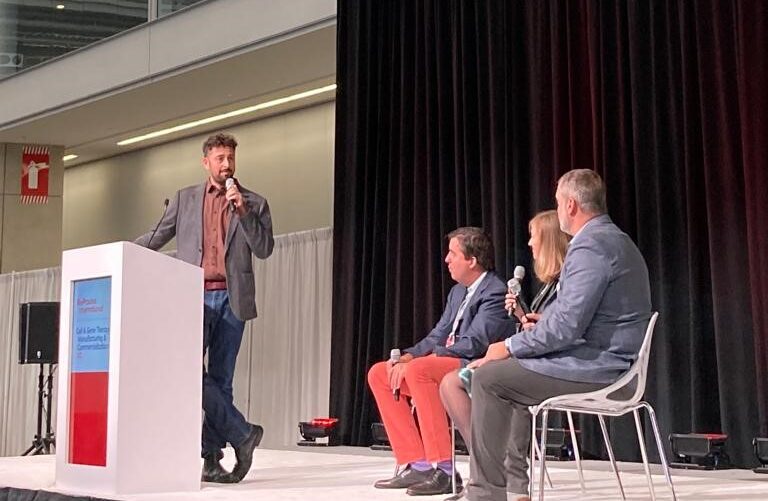Content Spotlight
Podcast: MilliporeSigma says education vital to creating unbreakable chain for sustainability
MilliporeSigma discusses the importance of people, education, and the benefits of embracing discomfort to bolster sustainability efforts.

According to industry experts at BWB, sustainability should be so ingrained in the industry’s everyday activities that firms should not have to shout about it.
Sustainability is the hot topic of the moment and a continuous talking point in the biopharma industry. Environmental, social, and governance (ESG) documents are published and sent out across the news wires, but more-often-than-not these are seen as box-ticking exercises or examples of ‘greenwashing.’
But last month, GlaxoSmithKline (GSK) launched a sustainability program calling on its network of over 160 suppliers to take action on sustainability commitments and make improvements on emissions, energy, heat, transport, waste, water and biodiversity.

State of the industry talk at BWB 2022. Image/co Millie Nelson
At Boston Biotech Week (BWB), BioProcess Insider’s own Dan Stanton asked a State of the Industry panel whether this was evidence of a shifting environmental focus within the biopharma industry, stating the procurement program for suppliers was “the first sign I’d seen of a big pharma company actually talking about it, and then looking at their full supply chain to make sure that they follow the same set of protocols.”
Frank Orlowski, business development executive at Latham BioPharm Group responded: “Honestly, I don’t know why people are paying attention to the GSK [news] because I think it has happened years past. I mean, Pfizer had vendors that said we will buy more drug from you if you prove the sustainability or show stainability, and they’ve just done it. I’m not sure why people pay attention to this [GSK] thing when I think it’s been happening for at least five years already.”
Miriam Monge, head of marketing at Sartorius, echoed the sentiments, saying that it might have been “something of a PR exercise.” She added that “across the board – particularly all the big pharma companies – they all have carbon emission targets that they have to meet by 2025. For example, particularly in Europe, there are regulations now that obviously have to be respected.”
Vice president of supply chain operations at Avid Bioservices, Joseph Scott, agreed saying that his firm has been doing things to address sustainability but “we were not documenting it.”
Avid has significantly upped its manufacturing footprint over the past few years and is currently constructing a 53,000 square-foot viral vector in California, and sustainable practices have been at the forefront of the efforts including partnering with suppliers to deal with plastic and incoming waste. There are now customers that come to the contract development manufacturing organization (CDMO) and one of the first questions they ask is about Avid’s sustainability program, Scott explained.
Monge said Sartorius does “a lot” with regard to sustainability, “we have a corporate facility program [and] in terms of climate change, we look at what energy services we are using.” Furthermore, the firm claims that it helps clients by looking at the packaging of the technology and the amount of plastic it has to try and reduce the footprint of technology that goes into the cleanrooms.”
Collectively the panelists agreed that the topic should become so ingrained in our everyday life that pharma companies do not need to shout about their efforts. Instead, a bigger presence in general conversation is needed and events and conferences such as Biotech Week Boston are an untapped opportunity to do this.
You May Also Like